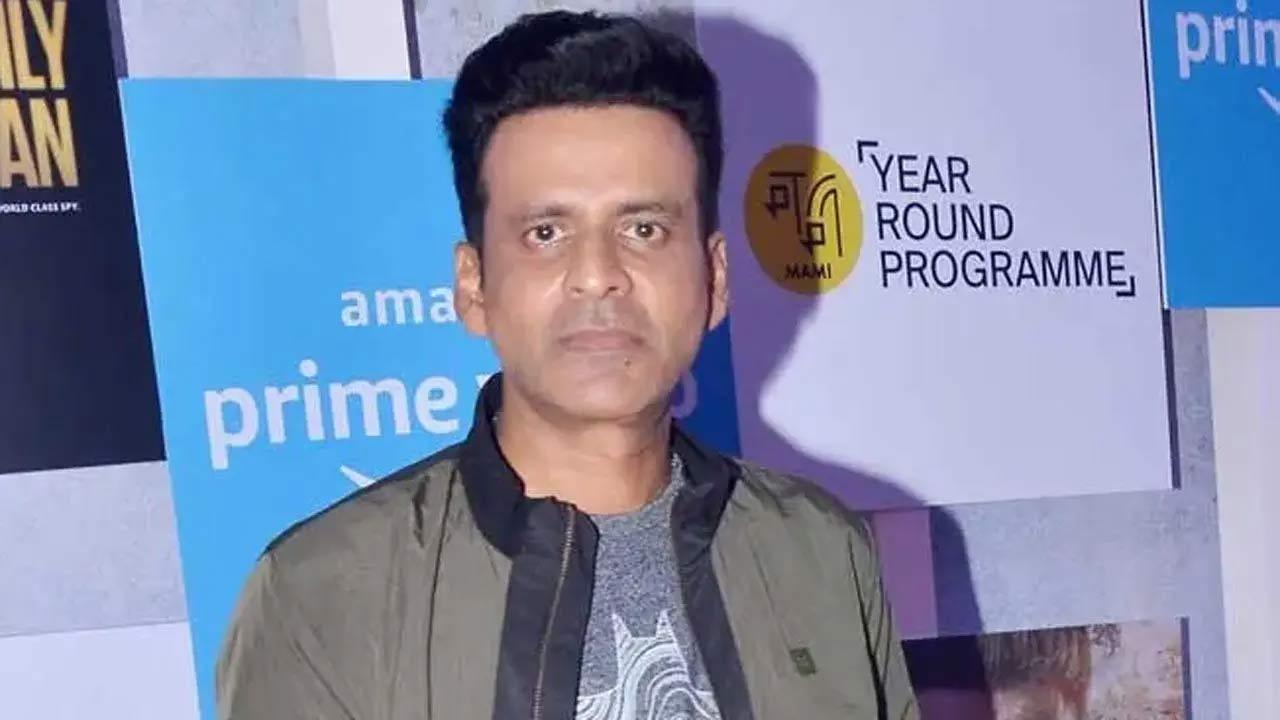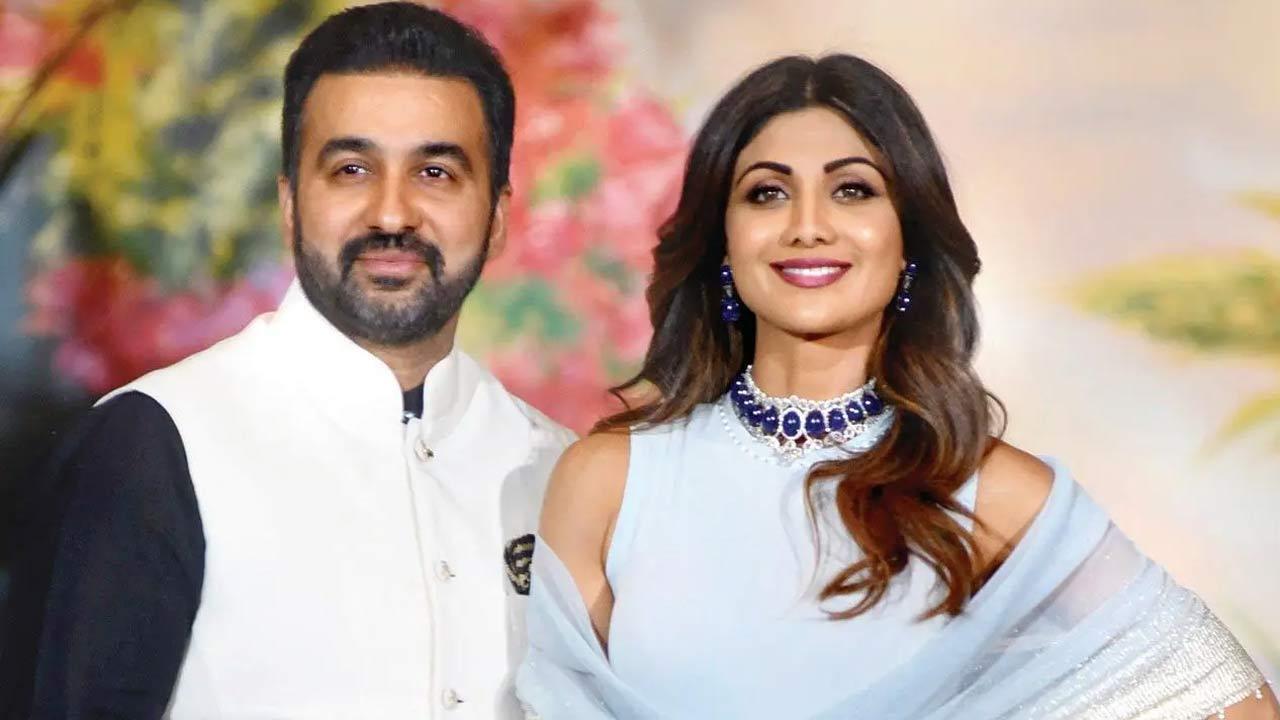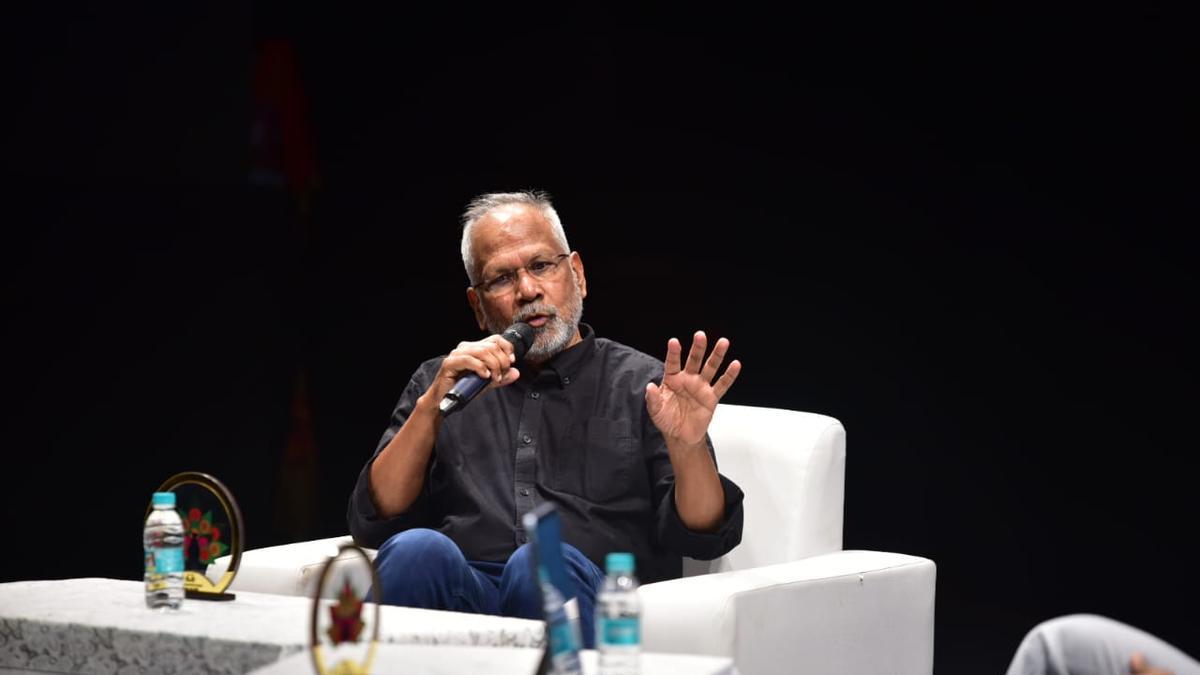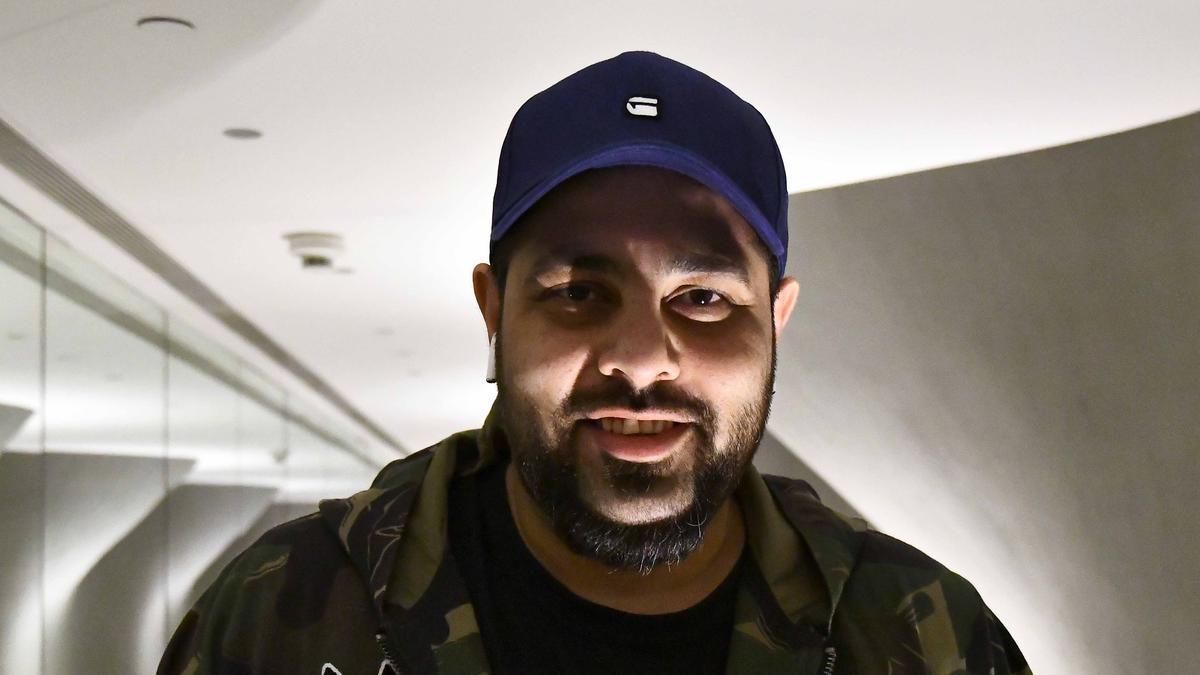
‘Main Atal Hoon’ Movie Review
Movie: Main Atal Hoon
Director: Ravi Jadhav
Actors: Pankaj Tripathi, Piyush Mishra
Rating: 2/5
The late Atal Bihari Vajpayee, whose political stature was akin to a colossus, forms the centerpiece of the biographical film ‘Main Atal Hoon.’ The revered poet and former Prime Minister of India (1924-2018) has had his life enshrined in the annals of history but does the cinematic portrayal of his journey offer anything beyond the known milestones and anecdotes?
It is poignant to remember India’s political history as a space where despite adversarial stands, people approached differences with a sense of maturity – a stark contrast to the polarity we witness today. This ethos is what one might expect to emerge potently in a narrative about Vajpayee, who was lauded even by rivals for his accommodating and flexible nature. While deeply rooted in the ideology of the Rashtriya Swayamsevak Sangh (RSS), Vajpayee was seen as the more moderate countenance of Hindutva, potentially offering a nuanced character study.
Taking on the role of Vajpayee is the virtually unrivaled Pankaj Tripathi, whose portrayal exudes an effortless charm and empathetic gravitas, making him the linchpin of the film. Though the biopic genre often favors its leading actors, given their portrayal of personas etched in public memory, Tripathi, true to form, does not rest on the laurels of his previous performances. He embodies Vajpayee with a nuanced craftsmanship that makes his character’s every appearance a moment of intrigue.
Director Ravi Jadhav, whose finesse in the crafts of lighting, framing, and production design is well acknowledged, presents this tapestry of Vajpayee’s life with similar competence. The casting mirrors historical figures with uncanny accuracy, channeling the essence of political stalwarts like Syama Prasad Mookerjee, Deendayal Upadhyay, Pramod Mahajan, to Sushma Swaraj.
Unfortunately, the screenplay doesn’t match the performances in depth. It is a chronological listing more suitable for a historical documentary than a feature film as it lacks the deeper dive into Vajpayee’s intricacies as a character. Moments that could illuminate Vajpayee’s more intimate life, such as his rapport with his father or with his colleague Rajkumari Kaul, glimmer with promise but are never fully explored, leaving the audience yearning for a richer narrative.
Main Atal Hoon, as it unravels, reveals itself to be a propaganda film but not necessarily with a negative connotation. The genre, legitimate as it is, aims to selectively highlight certain events and omit others in favor of a particular cause. Through such a lens, the film chronicles the BJP’s power ascent via the Rath Yatra and the Ram Janmabhoomi movement while conspicuously leaving out the severe communal disturbances it precipitated, including the 1992 riots and the tragic events of Godhra.
The antagonistic role is singularly reserved for the Indian National Congress, the only discernible villain in the drama of Vajpayee’s life as depicted in the movie. The screenplay skirts around probing questions or contentious issues, preferring to weave in Vajpayee’s philosophical musings on democracy and governance with loose threads.
‘Main Atal Hoon’ sets the stage for an epic tribute but settles for a muted orchestration of an engrossing political saga. For those looking to satiate a thirst for political discourse mixed with the pleasures of cinema, this film might only whet the appetite for more substantial literary indulgence in works such as Vinay Sitapati’s ‘Jugalbandi’ or Abhishek Choudhary’s biography on Vajpayee.
In the end, one is left with the feeling of an opportunity missed. While Vajpayee’s life was undoubtedly rich and full of potential narrative fodder, ‘Main Atal Hoon’ fails to delve deep beneath the surface milestones. It skirts the edges of his complex personality, leaving viewers ensnared in the web of what could have been—a cinematic exploration of a statesman who commanded the respect of a nation with his statesmanship and poetic disposition.










